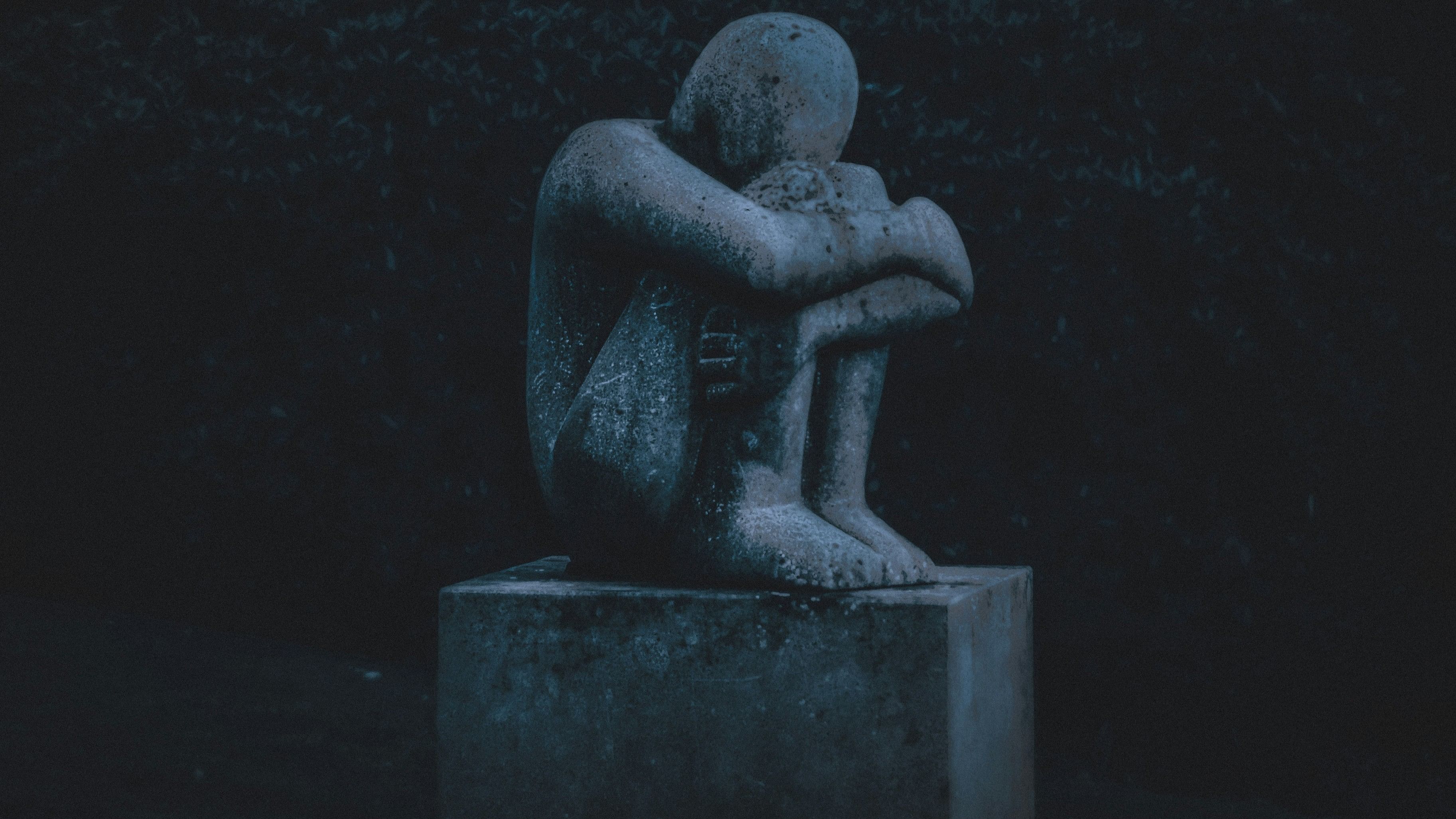
Image for representation,
Courtesy Unsplash
During therapy sessions, those who are dealing with anticipatory grief often wonder and ask if there is a way to predict how grief will show up. The reality is even when we are anticipating a loss or thinking about the death of a loved one, we can never really know how grief will show up until it happens. Grief impacts us at various levels and shows up in — physical, cognitive, emotional, interpersonal and behavioural ways. This, in turn, impacts how we function, relate to others and how we feel about ourselves.
Grief certainly feels hard, and overwhelming and yet it’s deeply personal in how it shows up. It is useful to remember that grief is sneaky, and we change; so, how grief shows up also changes. When my father passed away in 2013, I remember feeling extremely hungry (worrying that others would judge me) and experiencing low blood pressure. On the other hand, when my father-in-law passed away in 2023, I experienced what I call ‘grief fog’ where I found myself overwhelmed, forgetting things and finding it hard to focus. The low blood pressure and increased hunger didn’t show up at all this time. I was surprised because I thought I knew how grief would impact me. So, learning to be mindful permits us to accept what is emerging in us.
Grief can show up physically and behaviourally in — acts of uncontrollable sobbing, crying, a feeling of tiredness which is visible and deeply felt. It’s the kind of exhaustion that’s hard to articulate but felt at every level which in turn makes engaging with the world, others and our own self-care very difficult.
People often report how their appetite and sleep are impacted in the aftermath of grief — it either shows up in hypersomnia (feeling too sleepy) or insomnia (difficulty falling asleep) and then increased appetite or lack of appetite. We need to be sensitive and not judge people for how grief is showing up and remember that very often movies show grief in a certain way, and it may not apply to everyone.
Some others talk about how they felt that their immunity was compromised because of the loss, and they found themselves falling more sick than usual. Hair loss, impact on libido and sex drive, weight gain or weight loss are other ways grief can impact us physically.
At an emotional level, grief shows up in people experiencing different emotions all at once. I remember how a lady felt overwhelmed as she was feeling sadness, fear, anger and even relief all at once. She couldn’t fathom what was happening to her and found it confusing. It’s normal to experience sometimes even opposing feelings in the aftermath of grief particularly if you are caring for someone for very long as a caregiver and even in setups when one shares an ambivalent relationship with the loved one who passed away. Our emotions can show up in experiencing a deep yearning for a loved one, feelings of intense loneliness, emptiness, melancholy and then feeling lost. Feelings of shame and guilt are what people talk about in therapy sessions as they try and make sense of their loss.
Grief at an emotional level takes away our capacity for joy and it feels like our vitality is taken away from us. Many describe how their window of tolerance when it comes to stress and patience threshold, gets impacted. It’s common for people to describe how they socially withdraw and sometimes feel that it’s hard to meet others as they feel that friends and family struggle to understand their grief.
At a cognitive level, grief can show up in acts of forgetfulness, difficulty
concentrating, and how motivation and ambition levels often get impacted in the light of grief. It also reflects in feeling disoriented in terms of time, date and finding it hard to be present.
Often people find themselves experiencing a sense of numbness, and at the same time feel cognitively exhausted with how much there is to deal with. Our hope, purpose, and meaning are impacted in the light of grief.
Having worked with those who have experienced despair, nihilism and then suicidal ideation as they lost their loved ones to traumatic incidents, it’s important to assess and be mindful if they need a combination of psychotherapy and medication.
Learning not to pathologise how grief shows up is crucial. It can look different for different individuals. We also need to remember that as we do the work of processing and integrating our losses, the way it reflects begins to change. Having friends, and family who can witness our grief and be present is an anchor.
(Sonali Gupta is a psychotherapist and the author of You Will Be Alright: A Guide To Navigating Grief, published by Penguin Random House, India.)